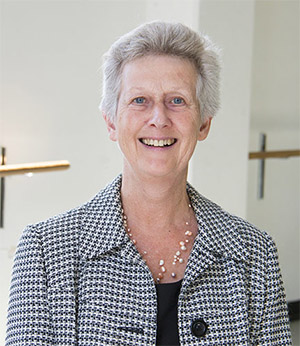Master of Fine Arts (MFA)
The MFA in Dance Program: ‘Choreography | Collaboration | Creation’ reflects the ways many contemporary artists are working today. This student-centered, experiential program encourages students to work collaboratively with other graduate students from a wide range of disciplines and to successfully find their own creative voice. In addition to a foundation focus on choreography, the use of digital technology in support of dance will be encouraged through coursework and access to leading-edge technology.
Application Period
Program on pause for Academic Year
Dance at a Glance
Choreography
Collaboration
Creation
Featured Faculty

Learn More
The Graduate Program in Dance at York is an exciting environment to pursue innovative, socially engaging, career-ready education. Contact our Graduate Program Assistant to learn more.





